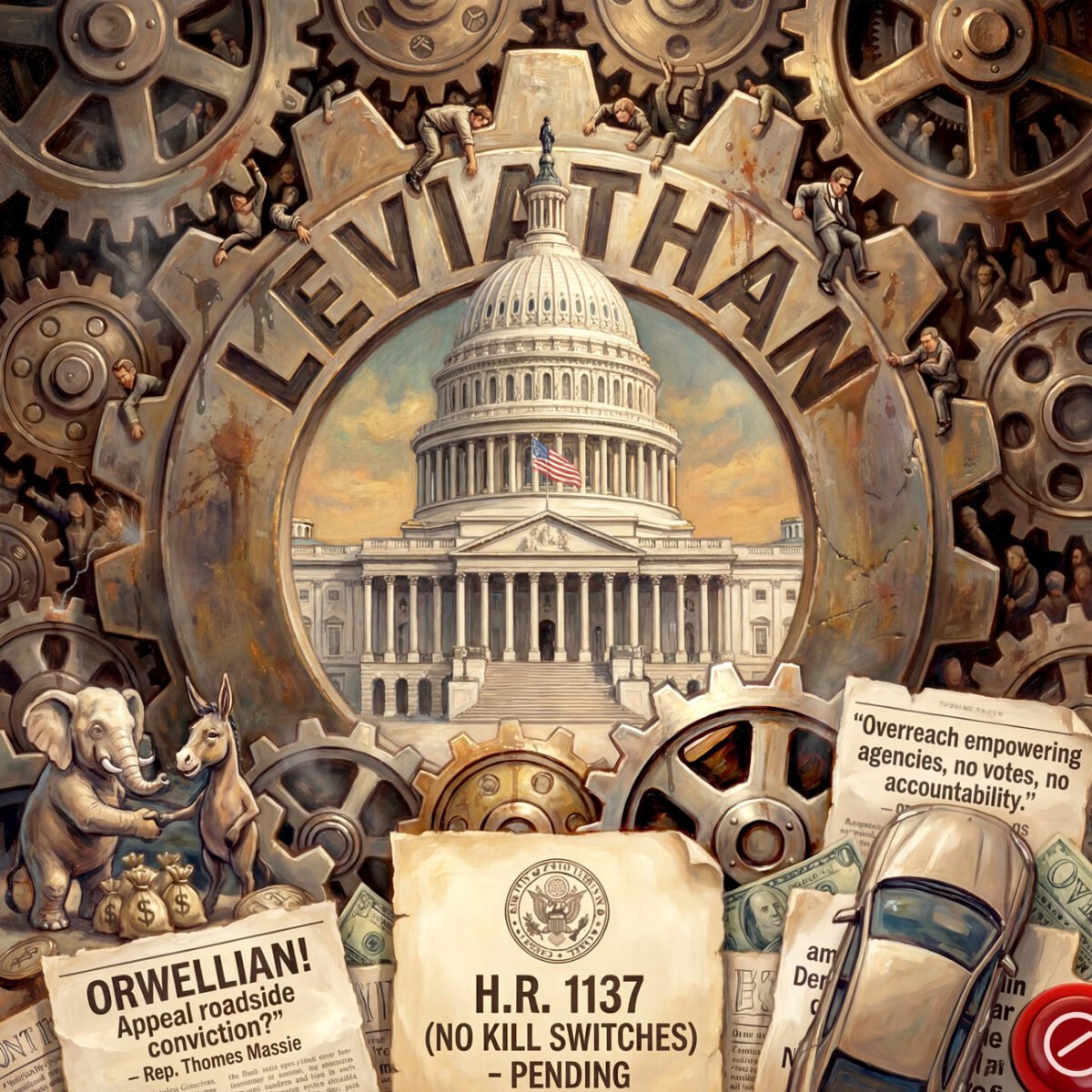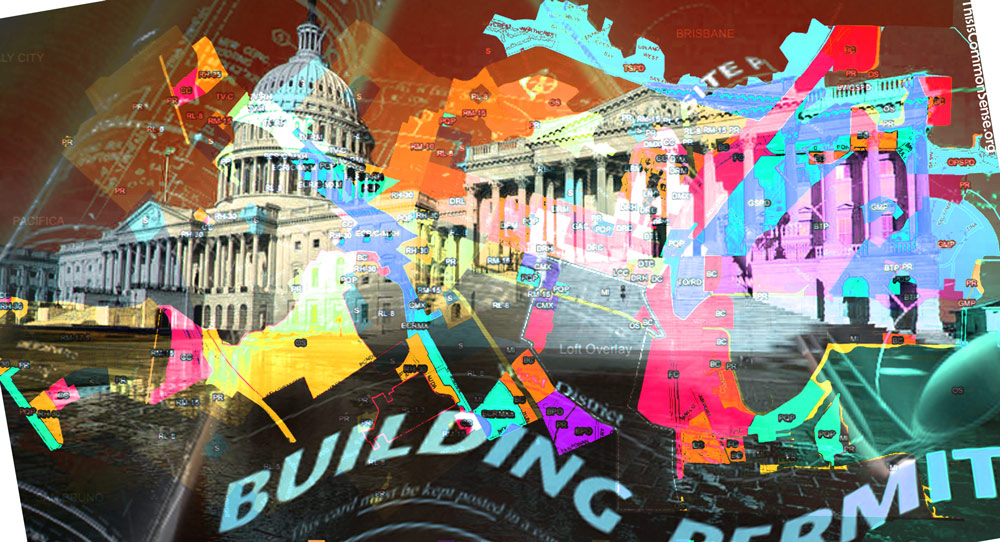Fifty-seven Republicans in Congress worked with the bulk of Democrats, and the President of These United States, to continue funding development of a “kill switch” on new cars. On Tuesday, the bill became law.
You may have thought that most new cars driving down the road could already be switched “off” remotely. After all, the 2021 Infrastructure Investment and Jobs Act, signed by former President Joe Biden, required the National Traffic Safety Administration to develop just such a technology for passenger cars. “The sweeping infrastructure law passed Congress with bipartisan support,” MSNBC pointed out last week.
But government isn’t fast, and the kill switch project “needed” more funding, which was included in the new $1.2 trillion spending package.
Still, a minority did try — unsuccessfully, alas — to put a halt to this “advanced impaired driving prevention technology.”
Calling the R&D “Orwellian,” Rep. Thomas Massie (R‑Ky.) asked a relevant question: “When your car shuts down because it doesn’t approve of your driving, how will you appeal your roadside conviction?”
Competitive Enterprise Institute fellow Clyde Wayne Crews further explained: “The vehicle ‘kill-switch’ is precisely the kind of overreach that will empower regulatory agencies to manage behavior without votes by elected representatives in Congress or real accountability.”
Though Republican Massie had proposed an amendment to defund the kill switch, and a few Democrats joined him — Reps. Marie Gluesenkamp Perez of Washington, Marcy Kaptur of Ohio, Lou Correa of California and Val Hoyle of Oregon — a Heinz 57 sauce of GOP representatives sided with the overwhelming bulk of Democrats to keeping the kill switch funding flowing.
Separate efforts to repeal Section 24220 outright, such as H.R. 1137 (the No Kill Switches in Cars Act), remain pending but likely paralyzed in committee.
The Leviathan rumbles along, no kill switch in development.
This is Common Sense. I’m Paul Jacob.
Illustration created with Nano Banana
See all recent commentary
(simplified and organized)
See recent popular posts














